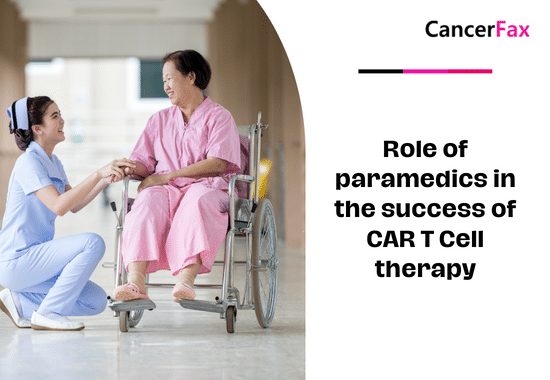August 2022: The most apical portion of polarised epithelial and endothelial cells contains tight junctions, which are specialised membrane domains. The transmembrane proteins known as claudins, which are essential parts of tight junctions and have extracellular loops, are prospective targets for both diagnostic and therapeutic approaches. They might be crucial in the development of tumours and inflammation. In several epithelial malignancies, changes in claudin expression have been demonstrated to promote tumour growth, affect signalling cascades, and impair tight junction function. Tight junctions are damaged in malignancies, and claudin proteins lose their main function. Many malignancies, such as gastric cancer (GC), hepatocellular carcinoma (HCC), biliary tract cancer (BTC), breast cancer, renal cell carcinoma, pancreatic cancer (PC), ikke-småcellet lungekreft (NSCLC), and mesothelioma, have improperly regulated claudins.
GC and PC are two malignancies that frequently express claudin 18.2, a member of the claudin family. Except for the gastric mucosa, healthy tissues do not express claudin 18.2. A highly effective chimeric IgG1 mAb that binds to claudin 18.2 on the surface of tumour cells, zolbetuximab, was recently created and is being tested in clinical studies. Notably, zolbetuximab plus standard chemotherapy as a first-line therapy increased median survival in claudin 18.2-expressing GC patients compared to chemotherapy alone in a phase II trial (NCT01630083). This encouraging finding shows that in order to expand the clinical applicability of this innovative drug to treat various cancer types, kliniske studier utilising it are required. The widespread expression of claudin 18.2 is a significant and remarkable finding for the treatment of cancer given that patients who are positive for human epidermal growth factor receptor 2 (HER2) and who are currently being treated with the novel agent trastuzumab make up only 10-15% of all cases of GC (21).
Statusen til claudin 18.2 i ulike tumortyper er ikke grundig undersøkt ved bruk av immunhistokjemi, som er signifikant (IHC). Vi gjennomførte en prospektiv claudin 18.2 IHC-undersøkelse i en kohort av pasienter med forskjellige solide kreftsvulster for å se på funksjonen til claudin 18.2 som en biomarkør.

